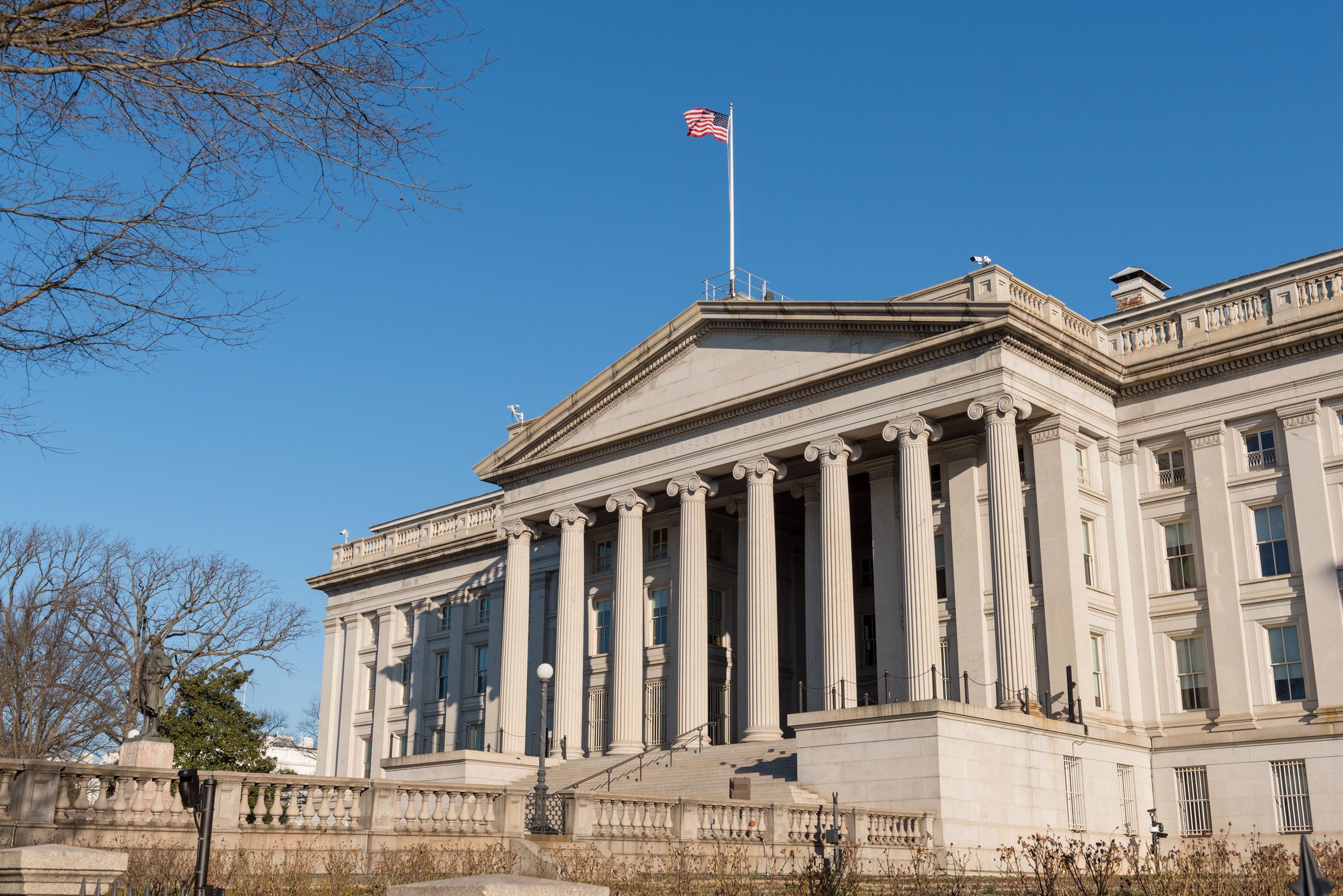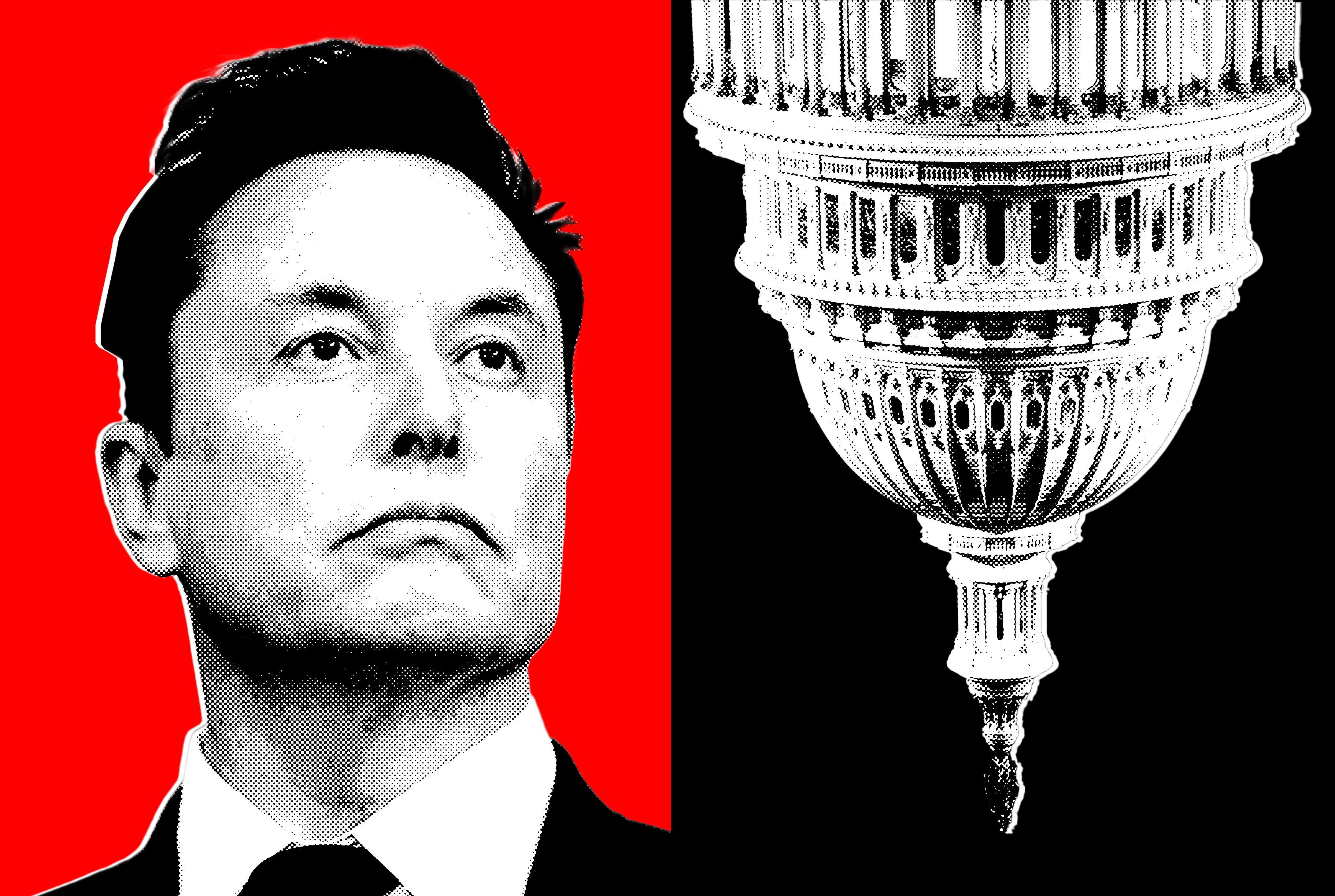The US Treasury Claimed DOGE Technologist Didn’t Have ‘Write Access’ When He Actually Did
In a recent development, the US Treasury has come under fire for claiming that a technologist associated with the popular cryptocurrency Dogecoin (DOGE) did not have ‘write access’ to the official codebase, when in fact he did.
The technologist in question, who goes by the pseudonym ‘Billy Markus’, had reportedly contributed to the development of DOGE’s code in its early days. However, the Treasury’s assertion that he did not have the necessary permissions to make changes to the code has been refuted by Markus himself.
Markus took to social media to clarify the situation, stating that he did indeed have ‘write access’ to the codebase and had made numerous contributions to the project. This revelation has sparked a debate within the cryptocurrency community about transparency and accountability in the development of digital assets.
Many supporters of DOGE have criticized the US Treasury for its inaccurate statement, calling for greater oversight and disclosure in the regulation of cryptocurrencies. Some have even suggested that the incident could have far-reaching implications for the future of DOGE and its governance structure.
Despite the controversy, the price of DOGE has remained relatively stable in the wake of these revelations. It seems that, for now, investors are more focused on the coin’s utility and popularity than on the internal politics of its development team.
However, the incident serves as a reminder of the challenges facing the cryptocurrency industry as it continues to grow and evolve. With greater scrutiny from regulators and increased competition from new projects, transparency and accountability will be key factors in determining the success of digital assets like DOGE.
As the cryptocurrency landscape continues to mature, it is likely that incidents like this will become more common. It will be up to developers, regulators, and investors to ensure that the industry remains transparent, trustworthy, and inclusive for all participants.



